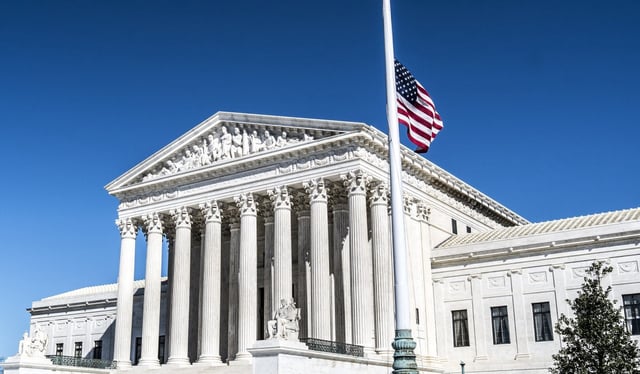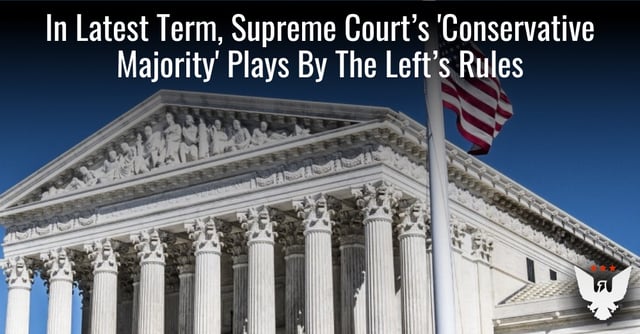Overview
- The court said SB1 targets minors and medical purpose rather than sex and upheld the ban under rational-basis review on the basis of Tennessee’s findings about health risks.
- The ruling clarifies that mere references to sex in medical statutes do not trigger heightened scrutiny under the Equal Protection Clause.
- Justices Barrett and Thomas argued in a concurrence that transgender status is not a quasi-suspect class, and the majority declined to extend Bostock’s discrimination test outside of employment law.
- On June 30, the court remanded related lawsuits to lower courts with instructions to evaluate them under the rational-basis standard.
- Legal scholars and advocacy groups are evaluating how this precedent will influence challenges to similar pediatric gender-affirming care bans in over two dozen states.

